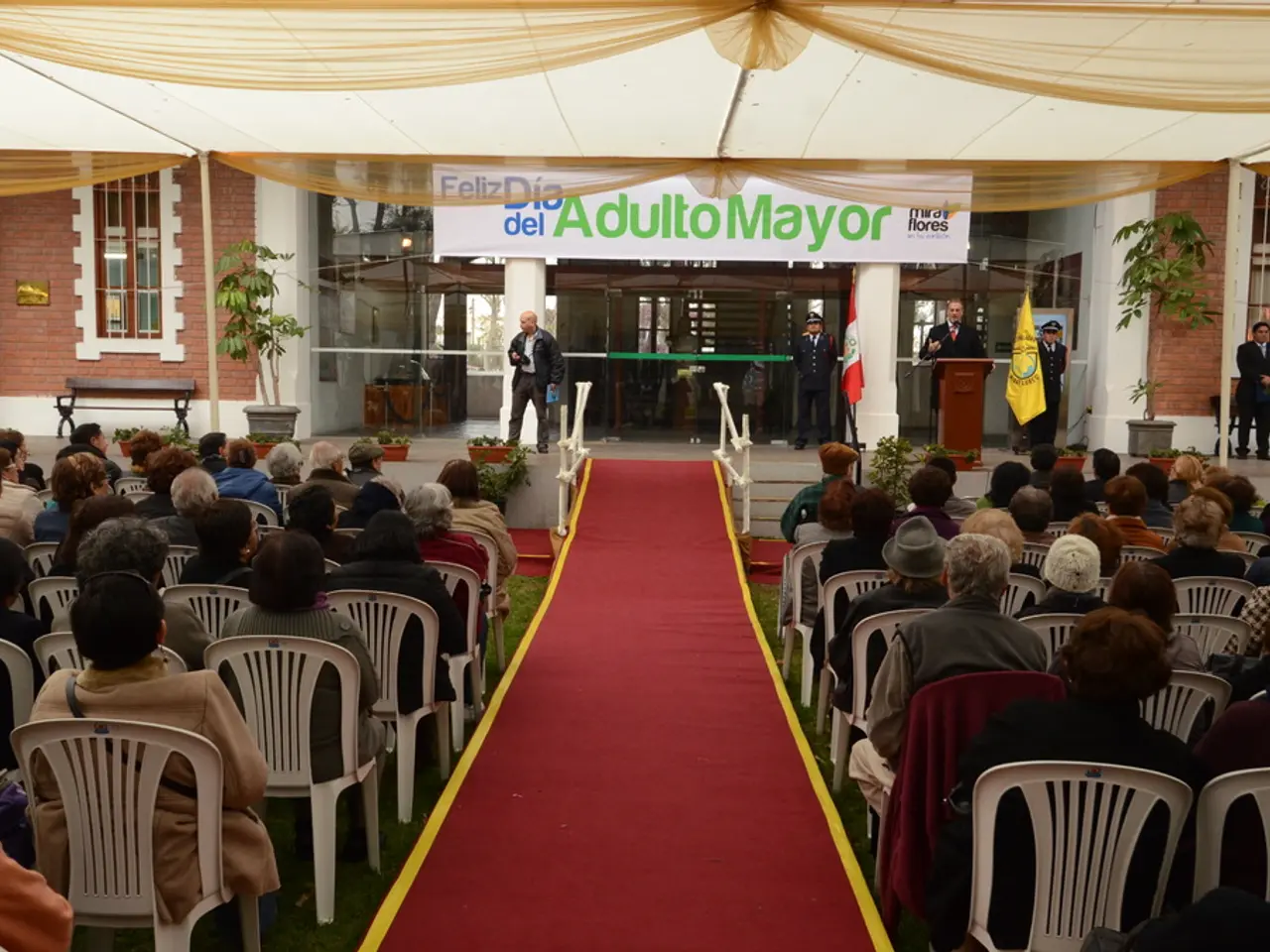State of Bavaria voices disapproval towards two-billion-euro government plan
The European Union (EU) Commission's proposal for a significant increase in the EU budget for the years 2028 to 2034 has faced criticism in Germany, particularly in regions like Bavaria. The proposed €2 trillion budget has been deemed too large and criticized for its centralization of funds, raising concerns about local autonomy and influence over spending.
Key figures in Bavaria, such as Minister of Housing Christian Bernreiter (CSU) and Klaus Holetschek, head of the CSU faction in the state parliament, have voiced their concerns. Bernreiter emphasized that the federal states would have little say under the proposal, while Holetschek found the EU Commission's plan "unrealistic" and "unacceptable."
One of the primary concerns is the potential centralization of EU funds, which could lead to a lack of consideration for regional needs and priorities. Regions might feel that their input is not sufficiently considered given that EU funds are often allocated based on broader EU strategies.
Another concern is the impact on regional economies. Germany is currently focused on consolidating its national budget, and regions might be wary of increased EU spending and its potential impact on national fiscal policies.
Bernreiter also highlighted the co-financing of European funds, which primarily comes from local and regional budgets. He believes that regional and local administration knows best where funding has the greatest benefit locally, and he fears that the proposed budget could mark the end of a success story if the federal states no longer determine where EU funds flow in the future.
Holetschek, on the other hand, emphasizes the importance of family-run businesses in regional and structural policy. He points to the economic boom of eastern Bavarian regions on the border with the Czech Republic as evidence of the effectiveness of current regional policies. He considers the planned cuts in regional and structural policy as unacceptable, similar to the planned cuts in agriculture.
The EU Commission has justified the request for the increased budget with additional investments in security and defense. However, these justifications have not alleviated the concerns in Germany about the proposed budget. The proposal is seen as a step backwards, proposing a centralization of EU funds that could undermine the autonomy and influence of regions.
In conclusion, the proposed EU budget has raised concerns in Germany due to its potential centralization of funds and the impact on regional autonomy and influence. These concerns are particularly prominent in regions like Bavaria, which value their local autonomy and input in budget allocation. As the EU Commission continues to discuss and finalize the budget proposal, it remains to be seen how these concerns will be addressed.
[1] https://www.spiegel.de/politik/deutschland/eu-haushalt-2021-bayern-kritisiert-zuwachs-an-kosten-a-24a46471.html [2] https://www.sueddeutsche.de/politik/eu-haushalt-2021-bayern-gegen-zuwachs-an-kosten-1.5342767 [3] https://www.n-tv.de/politik/EU-Haushalt-2021-Kritik-an-Zuwachs-an-Kosten-artikel-20737547.html
The proposed EU budget for the years 2028 to 2034, totaling €2 trillion, has sparked criticism in regions like Bavaria due to concerns about the centralization of funds and its potential impact on regional autonomy, particularly in relation to policy-and-legislation and politics. Key figures such as Minister of Housing Christian Bernreiter and Klaus Holetschek have voiced their concerns about the lack of consideration for regional needs and priorities in the general-news.
The criticism stems from the belief that the proposed budget could undermine the autonomy and influence of regions, as EU funds are often allocated based on broader EU strategies instead of addressing local needs. Moreover, the increased spending could have negative implications for national fiscal policies and regional economies in Germany.







